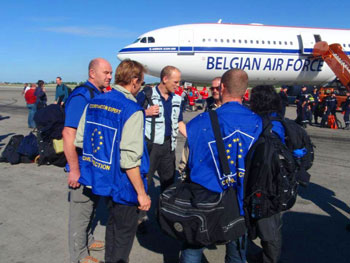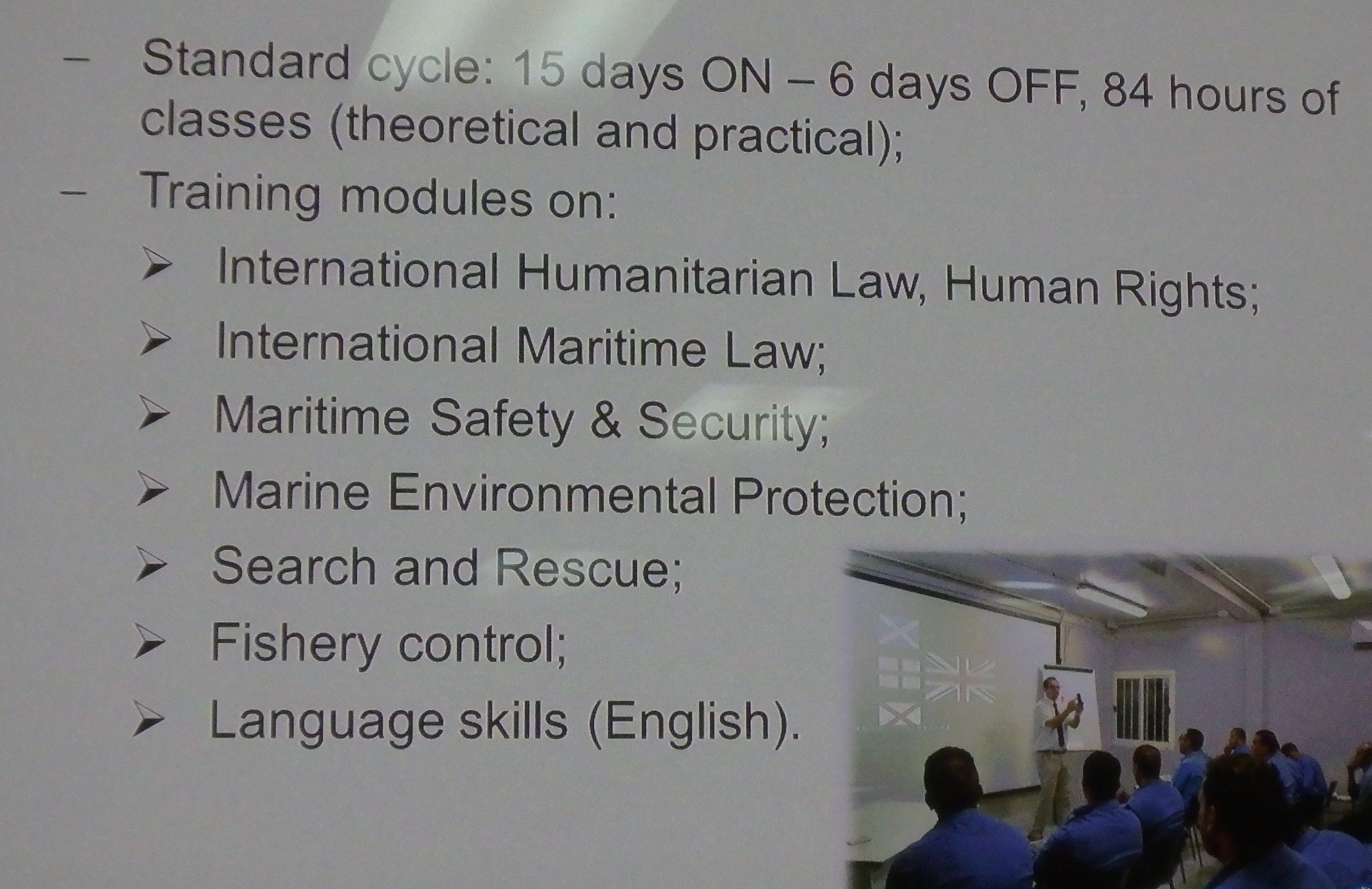The best Spanish hostel ever! … The European diplo service

(BRUSSELS2) Among the “papers” discussed by the Foreign Ministers on Monday was the paper proposed by the three Benelux countries. In the same spirit as the Austrian paper, Belgian, Dutch and Luxembourg diplomats advocate " to improve synergies between the Union and the Member States » and to make some improvements in the work, on the ground (in third countries), between European and bilateral delegations. But above all they bring an original touch - the Benelux touch' - in their desire to put Europe at the service of the Member States and at the same time forward in the event of crises, whether for consular cooperation or in the response mechanism of crises within the framework of the common foreign and security policy (CFSP). Without forgetting (a not silly idea at all): the exchanges, of personnel, between European diplomacy (EEAS) and the diplomacy of the Member States. Because for the Benelux, the birth of a common culture is one of the next cements of the common foreign policy.
The birth of a common culture
starts with sharing analytics and information
Guidelines by fall
The Benelux diplomats propose that the High Representative put on the table, by autumn 2011, common guidelines for setting the " bonnes pratiques » cooperation on the ground in third countries and international organisations. Guidelines that could be reassessed regularly.
Sharing of information and analyzes
Like the Austrians, they also recommend " information sharing and joint analyzes », in a spirit of confidence, on the ground. Member States which are not represented in the countries concerned “ should get similar access to EU Delegations' reports they ask. All this requires a secure system of communication between the European institutions concerned and the Member States. But savings can also be made by exchanging analyses, press reviews and translations. What is done by one is no longer to be done by the other.
Long live the exchanges
Another idea of the "Beneluxians", the birth of a common strategic culture. The paper thus recommends joint training of European diplomats and other agents deployed by the EU and by bilateral missions. And staff exchanges. EEAS staff could move temporarily into the services of the Member States (as national diplomats already do through the EEAS).
In the event of a crisis, the diplomatic service
Europe must be there, visible, prepared to respond... to any
A more visible role for Europe in the event of crises
The EU must play a more visible role for all in crisis situations say the Benelux countries. Although this remains a national competence, they believe that the European diplomatic service can play a coordinating role in practical and logistical areas such as evacuations, the provision of shelters or the deployment of teams of experts.
Better consular cooperation
The EEAS can also, on a temporary basis, house the consular staff of Member States which do not have a presence in a particular location. Travel warnings, reports on human rights, on specific cases of asylum applications, the issuing of emergency travel documents for Europeans are all areas where consular cooperation between Europeans could be exercised .
Being able to coordinate without being there: a secure video network
In the event of an emergency, the High Representative and the Ministers for Foreign Affairs must also be able to meet by secure means without having to meet in person. The “Benelux” note therefore suggests “urgently” studying a secure videoconferencing system.
The COPS controls, the EEAS coordinates, and all scenarios must be considered
It is the diplomatic service which must play the role of coordinating and mobilizing the means of the Union. Procedures and chains of command that are clear and fixed in advance must make it possible to respond to crises. And all response scenarios must be able to be studied (response to disasters, humanitarian aid, consular protection, civil-military options, diplomatic action). But it is up to the Political and Security Committee (PSC) to ensure full political control and guidance in these crisis situations. A COPS which, in the eyes of the Benelux countries, should play, in general, " a greater role in the CFSP decision-making process (and) becoming a focal point for pre-decision consultations ».
Read also:

